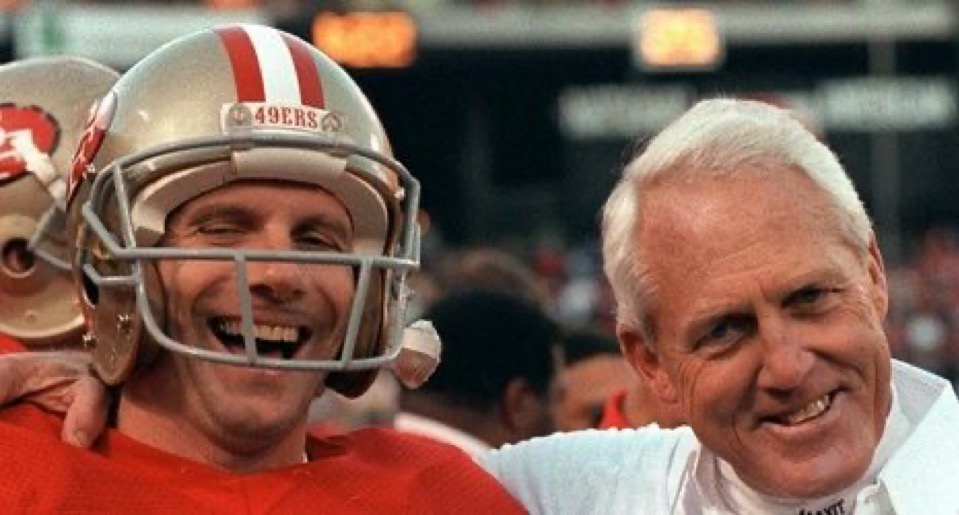In today’s hyperconnected world, opinions are everywhere. Social media, group chats, comment sections, meetings, and watercooler conversations all pulse with one constant truth: everybody has something to say. People are rarely short on thoughts, takes, critiques, or suggestions—particularly when it comes to leadership. But leadership isn’t about offering commentary or playing Monday morning quarterback. It’s about having the courage, clarity, and conviction to make decisions—often in moments of uncertainty, complexity, or even chaos.
The line that best captures this truth is powerful in its simplicity: “Everybody’s got an opinion. Leaders are paid to make a decision.” It’s a statement that carries weight in business, sports, politics, and life. It reminds us of a fundamental difference between contributing voices and the person at the helm: the responsibility to decide, and to own the outcomes that follow.
The Weight of Leadership
Offering an opinion is easy. It costs nothing, and it carries little risk. You can speak from the sidelines without having to deal with the consequences. But making a decision—especially as a leader—is a high-stakes act. It requires you to weigh competing interests, navigate limited information, accept the reality of imperfection, and still move forward with purpose.
Leaders don’t always have the luxury of delay. Sometimes, there’s no ideal option—only the best possible one under the circumstances. And when that decision is made, it doesn’t just affect the leader—it ripples through teams, organizations, families, and communities.
The difference between offering an opinion and making a decision is the difference between observing and acting, between speculating and owning, between standing in the crowd and standing on the line.
Accountability: The Defining Trait
One of the clearest separations between leaders and everyone else is accountability. When you make the call, you live with the results. A coach who decides to go for it on 4th down, a CEO who launches a bold new product, a politician who backs a controversial policy—they don’t just make decisions; they own them. Good or bad, celebrated or criticized, a leader doesn’t get to shrug their shoulders and say, “Well, it wasn’t my idea.”
That burden can be lonely. It’s why real leadership isn’t for everyone. Not because others lack intelligence or passion, but because true leadership demands the emotional resilience to handle scrutiny, failure, and second-guessing. And yet, it’s the willingness to take that risk that makes the difference between merely being heard and truly leading.
Opinions Have Value—But They Aren’t the Final Word
To be clear, opinions matter. A good leader listens. They welcome diverse perspectives, encourage dissenting views, and seek input before making big decisions. But at some point, someone has to draw the line in the sand and say, “This is the direction we’re going.” That’s what separates the decision-maker from the contributor.
The best leaders know how to balance inclusion with decisiveness. They create space for conversation, but they don’t let endless discussion turn into paralysis. They respect their team’s voices without outsourcing responsibility.
Leadership in Action: Sports and Business
Take any elite sports team. A head coach listens to assistants, trainers, analysts, and players. But when the clock’s running out and the game’s on the line, only one person calls the play. Whether it wins or loses the game, the responsibility is clear—and so is the chain of command.
Or consider a business during a crisis. Executives and employees may offer strategies for surviving market disruption, but it’s the CEO who must decide whether to pivot, restructure, or double down. A wrong decision might cost millions. A right one could save the company. Either way, the leader doesn’t get to watch from the sidelines.
The Price and Privilege of Leadership
Making decisions under pressure is both the price and the privilege of leadership. It demands courage, preparation, and vision. And it demands a willingness to accept that sometimes you’ll be wrong—and people will let you know it. But leadership isn’t about always being right. It’s about stepping up when others hesitate. It’s about clarity when things are cloudy, and action when most want to stay still.
And for those who rise to that challenge, the reward isn’t just authority—it’s influence. Real influence. The kind that shapes culture, moves organizations, and inspires others to follow—not because they have to, but because they believe in the person leading the way.
Final Thoughts
In every corner of life, people will offer their thoughts. “You should’ve done it this way.” “I think this is better.” “If it were up to me…” And that’s fine—ideas matter. Dialogue is healthy. But when the moment calls for action, only one voice will make the final call.
Leaders are paid to make that call.
They live with the results. They bear the weight. And in doing so, they earn not just the title—but the respect. Because when everybody has an opinion, it takes true leadership to make a decision.

 Safety Kealan Jones has committed to Georgia, following
Safety Kealan Jones has committed to Georgia, following